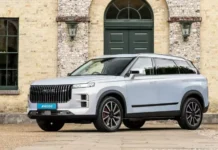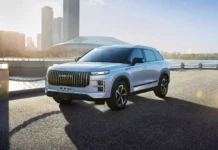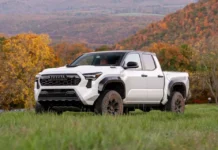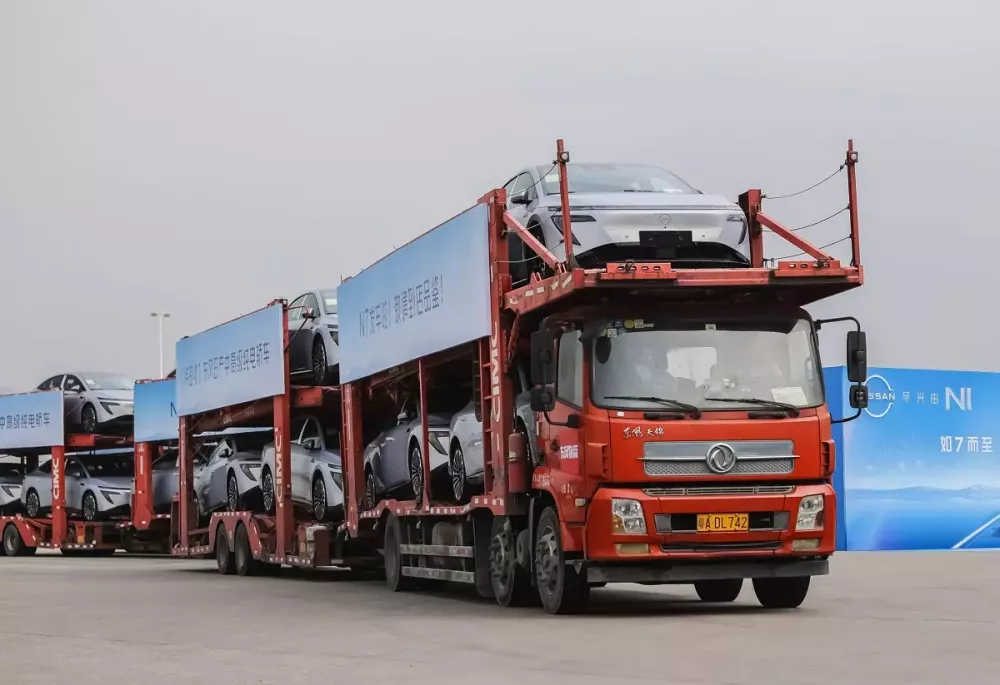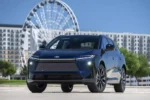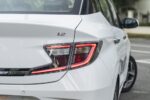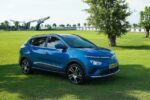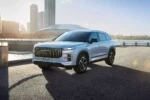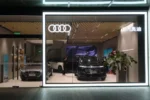Nissan is reportedly planning to begin exporting electric vehicles from its Chinese factories to Southeast Asian, Middle Eastern, and other markets starting in 2026. This move aims to leverage Nissan’s existing aftermarket service network in foreign markets.
The Japanese automaker is currently reviewing its global production system with the goal of quickly reviving its business by selling China-assembled electric vehicles to other markets.
One of the electric vehicles slated for export is the Nissan N7, a mid-sized sedan and the first electric vehicle designed and developed by Nissan’s joint venture in China.
Launched in the Chinese market in April 2025, the Nissan N7 quickly became the fastest-selling model of the joint venture brand, reaching 10,000 orders. With a starting price of 119,900 Chinese yuan (approximately US$17,500), the N7 is produced at Nissan’s Guangzhou plant in Guangdong province.
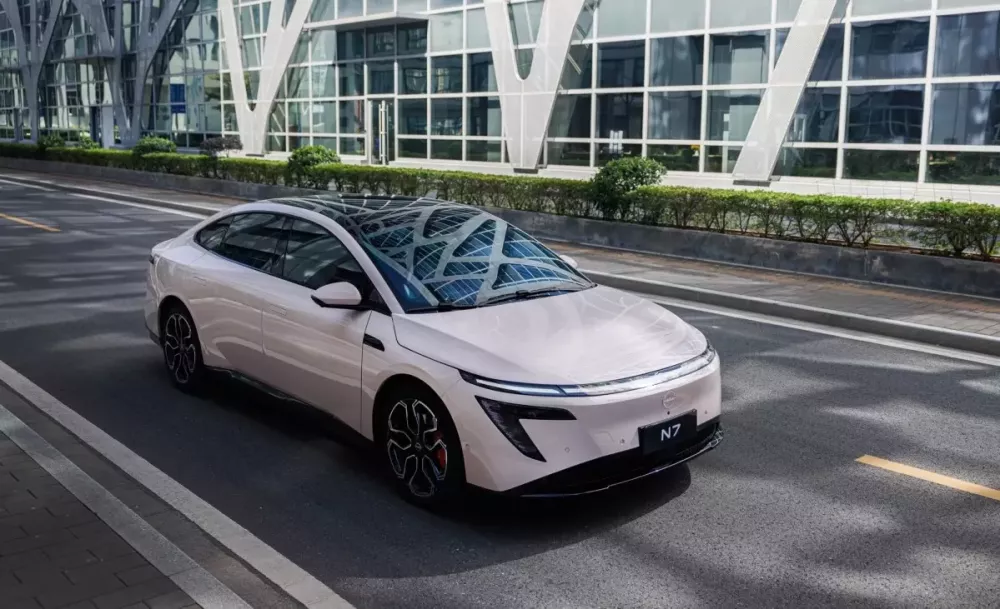
The Nissan N7 was previously showcased in Vietnam in June 2025.
The N7’s control software integrates artificial intelligence technology from Chinese companies. To facilitate exports, Nissan will need to adjust software specifications as some countries have restrictions on Chinese-origin AI products. To develop software suitable for foreign markets, Nissan has invested in IAT Automobile Technology, a Chinese automotive software development company.
On June 25, Dongfeng Motor announced the establishment of a joint venture with NCIC, a 100% Nissan-owned subsidiary, to engage in automobile export business. The joint venture has a registered capital of 1 billion Chinese yuan (approximately US$147 million), with Dongfeng Motor contributing 400 million yuan (40%) and NCIC contributing 600 million yuan (60%).
According to China’s XHBY newspaper, Nissan believes that competitively priced electric vehicles produced in China will attract foreign orders. Additionally, Nissan plans to launch new electric and plug-in hybrid vehicles in the Chinese market, including its first all-electric pickup truck, expected to debut by the end of this year.
Nissan’s current challenges are partly due to delays in launching new models. In May 2025, the company announced a business recovery plan, including cutting 20,000 jobs and consolidating 17 plants into 10. Nissan is also working to build an optimized supply system, positioning electric vehicles as a core product in its future strategy.
In June 2025, the Nissan N7 was showcased at an exhibition in Hanoi as a display model. However, it would not be surprising if Nissan plans to sell this model in Vietnam in the future.

